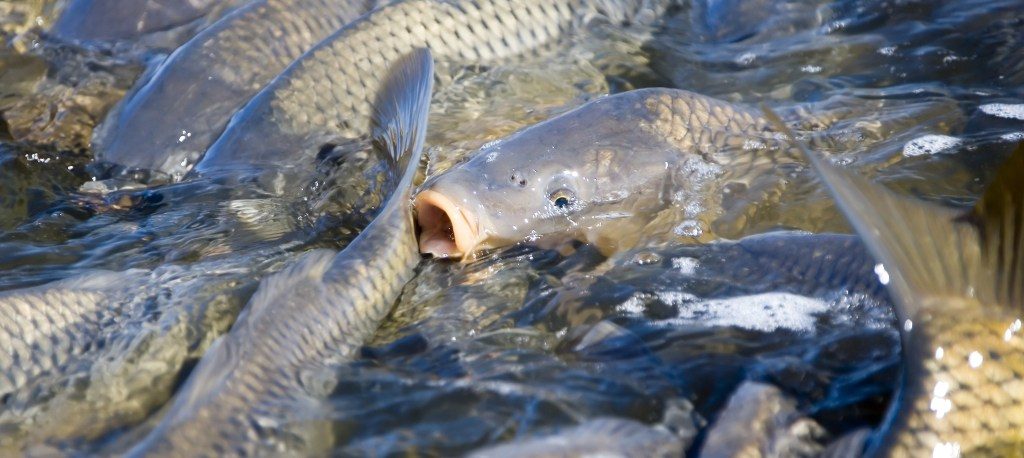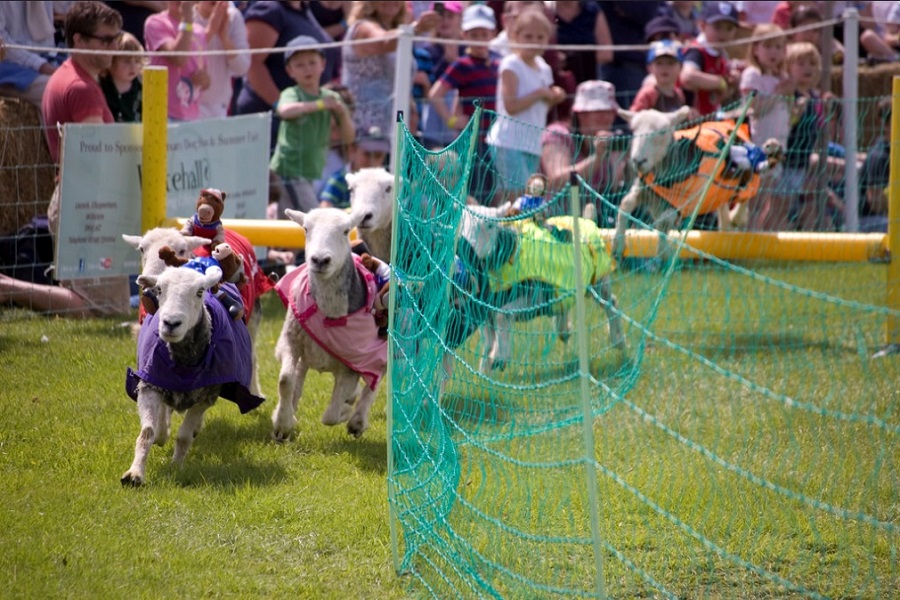Jesse, Sophie, and Adrian tackle the evolution of noses, talk tardigrades, climbing foxes, and speak with the researcher heading up the carp herpes program.
Before you listen to the episode, make sure to subscribe on iTunes and give us a rating —
Episode 4 of Interronauts and we’ve got a cracking line-up of topics. From non-CSIRO news, we’ll be talking about tardigrades and how in tardigrades’ name they can survive in space, the origins of the human nose – in all their nosey glory, why some droplets splash more than others, and foxes climbing koalas’ trees. From CSIRO news, we talk about using trackers as digital shepherds. And we speak with Ken McColl, the CSIRO researcher behind the ambitious plan to combat Australia’s carp pest problem with a strain of herpes.
Science news
- The evolution of noses — http://journals.plos.org/plosgenetics/article?id=10.1371/journal.pgen.1006616
- How tardigrades dry out for 30 years — http://www.cell.com/molecular-cell/fulltext/S1097-2765(17)30133-8
- Why splashes splash — https://www.sciencedaily.com/releases/2017/03/170317082750.htm
- Foxes climbing trees for koalas — http://www.publish.csiro.au/AM/AM16049
Interview
Carp-free ecosystems will be a breath of fresh air. Image: Benjamin F. Haith/Shutterstock.com
CSIRO news
Sheep running in a race
Activity trackers could allow farmers to breed high performance sheep … but probably not for racing. Image: Fraser Reid (Flickr, CC BY 2.0).
Sheep with Fitbits
“Erase that image of headband wearing, treadmill running sheep from your mind (sorry). But in the same way that wearable devices such as Fitbits log your activity and health, activity trackers could soon be a vital tool for Australian farmers to monitor the health and behaviour of their sheep,” from our blog. Learn more about our tracking work on sheep, here.
Listen and subscribe
- iTunes — Subscribe to us on iTunes and leave us a rating and review, if you’re so inclined.
- SoundCloud — Have a listen on SoundCloud if it’s easier.
- RSS feed — Plug the URL of our RSS feed into whichever RSS devourer you use.
Contact us
You can get in touch with the Interronauts team via Facebook, Twitter @CSIROnews, Instagram @csirogram, or by emailing us at socialmedia@csiro.au. Thanks for listening!




